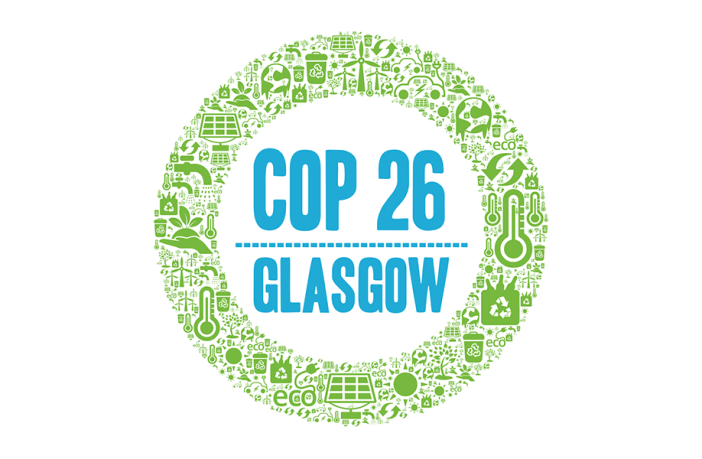- Deliberations under the current session of the COP, CMP and CMA came to an end this past Saturday in Glasgow, one day after their scheduled conclusion.
- The package adopted is a global compromise that reflects a delicate balance between the interests and aspirations of nearly the 200 Parties to the core instruments on the international regime that governs global efforts against climate change.
- The deal came despite last-minute objections from China and India, two of the world’s largest emitters, who wanted the language on coal to be watered down.
- Delegates also approved the framework for trading carbon credits, breaking six years of deadlock, and emissions-reporting guidelines to increase scrutiny of climate pledges.
- Forty countries and institutions signed a pledge to end coal financing, South Africa was not one of them. Read more
Under the UK presidency and with the support of the UNFCCC Secretariat, delegates forged agreements that strengthen ambition in the three pillars of collective climate action.
“This is the beginning of that 10-year sprint,” said John Kerry, the US climate envoy. “We are in fact closer than we have ever been before to avoiding climate chaos and securing cleaner air, safer water and a healthier planet.”
Adaptation was the object of particular emphasis during the deliberations. Parties established a work programme to define the global goal on adaptation, which will identify collective needs and solutions to the climate crisis already affecting many countries. The Santiago Network was further strengthened by elaborating its functions in support of countries to address and manage loss and damage. And the CMA approved the two registries for NDCs and Adaptation Communications, which serve as channels for information flowing towards the Global Stocktake that is to take place every five years starting in 2023.
Finance was extensively discussed throughout the session and there was consensus in the need to continue increasing support to developing countries. The call to at least double finance for adaptation was welcomed by the Parties. The duty to fulfill the pledge of providing 100 billion dollars annually from developed to developing countries was also reaffirmed. And a process to define the new global goal on finance was launched.
On mitigation, the persistent gap in emissions has been clearly identified and Parties collectively agreed to work to reduce that gap and to ensure that the world continues to advance during the present decade, so that the rise in the average temperature is limited to 1.5 degrees. Parties are encouraged to strengthen their emissions reductions and to align their national climate action pledges with the Paris Agreement.
In addition, a key outcome is the conclusion of the so-called Paris rulebook. An agreement was reached on the fundamental norms related to Article 6 on carbon markets, which will make the Paris Agreement fully operational. This will give certainty and predictability to both market and non-market approaches in support of mitigation as well as adaptation. And the negotiations on the Enhanced Transparency Framework were also concluded, providing for agreed tables and formats to account and report for targets and emissions.
Patricia Espinosa, Executive Secretary of UN Climate Change said: “I thank the Presidency and all Ministers for their tireless efforts throughout the conference and I congratulate all Parties on finalizing the rulebook. This is an excellent achievement! It means that the Paris Agreement can now function fully for the benefit of all, now and in the future.”
Alok Sharma, UK President of COP26 said: “We can now say with credibility that we have kept 1.5 degrees alive. But, its pulse is weak and it will only survive if we keep our promises and translate commitments into rapid action. I am grateful to the UNFCCC for working with us to deliver a successful COP26.”
The Heads of State and Government and the delegates who participated in COP26 brought to the conference a keen awareness of the severity of the climate crisis that the world faces and of the need to live up to the historic responsibility of setting the world on the path to address this existential challenge. They leave Glasgow with clarity on the work that needs to be done, more robust and effective instruments to achieve it, and a heightened commitment to promote climate action —and to do so more quickly— in every area.
Author: Bryan Groenendaal











